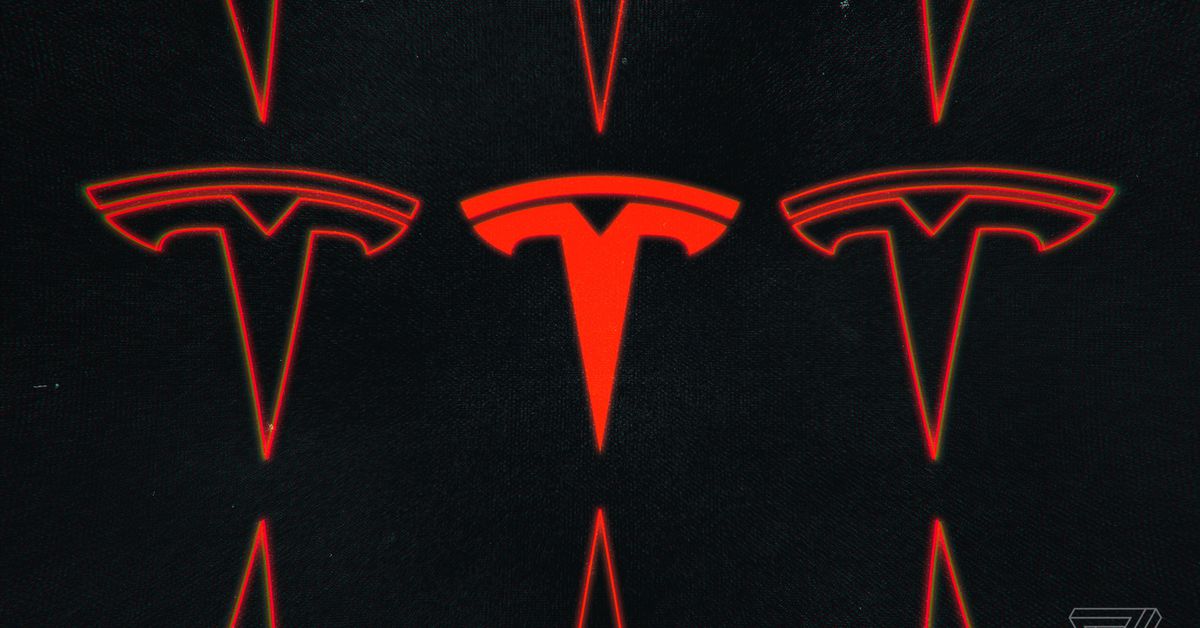
A judge in Nevada has dismissed a defamation case by a former Tesla employee, who claimed the company spread a false rumor about him after he admitted leaking internal company information to a reporter in 2018.
Tesla argues in court documents that former employee Martin Tripp violated trade secrets and computer crimes laws when he told a Business Insider reporter that Tesla was wasting a significant amount of raw materials during production of its Model 3.
Tesla identified Tripp as the source of the leaked information, which Tripp later confirmed. He was fired, and Tesla filed a lawsuit claiming he had “unlawfully hacked the company’s confidential and trade secret information.” Tesla CEO Elon Musk emailed Tesla staff telling them an employee had tried to “sabotage” company operations.
Musk then reportedly emailed a reporter at The Guardian telling them a tipster had contacted Tesla to say that Tripp might “come back and shoot people,” at the Nevada Gigafactory. The local sheriff determined the threat was not real, but Tesla issued a press release which was picked up by several media outlets. Tripp later counter-sued Tesla for defamation.
In her ruling, Judge Miranda Du dismissed Tripp’s defamation claim, but refused to dismiss Tesla’s charge that Tripp violated computer crime law in Nevada. “Tripp had a duty not to disclose Tesla’s confidential information,” Du wrote, adding that Tripp knew he was not authorized to share the information with a reporter. “A rational trier of fact could reasonably find that Tripp acted in conscious disregard of Tesla’s rights.”
The case can now move forward to trial.
